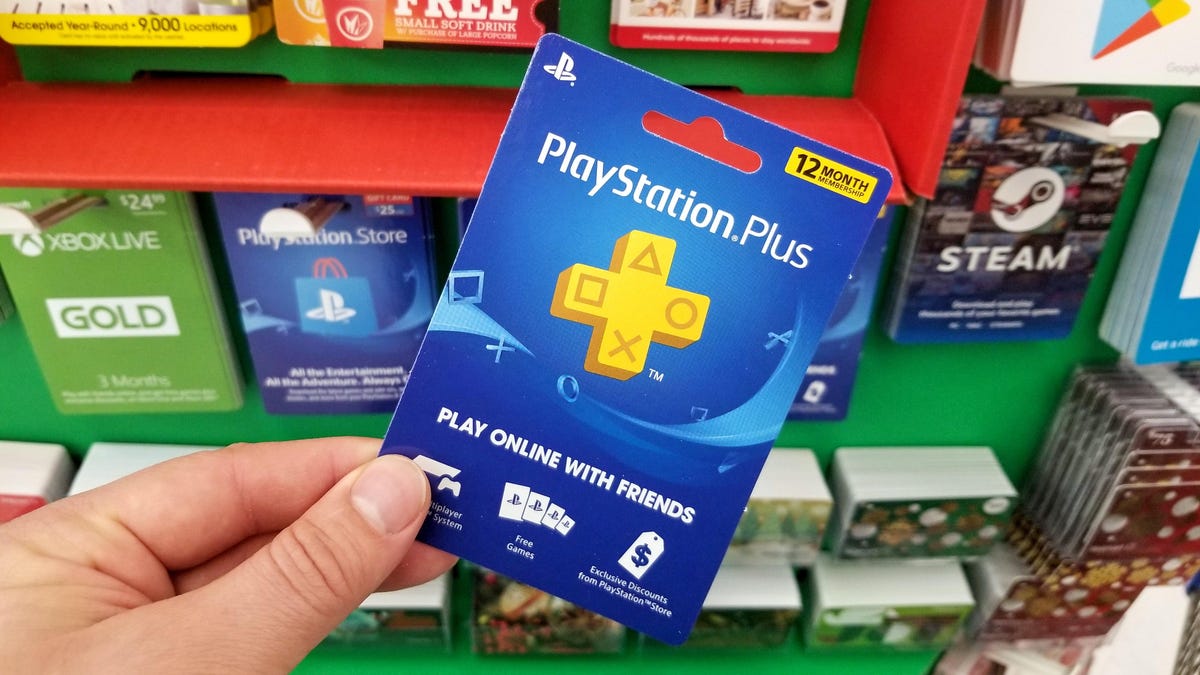S’pore startup Ethlas hopes to onboard the next billion non-crypto users with GameFi
After raising US$2.7 million in funding, the founder of Ethlas sheds light on the play-to-earn model and the future of blockchain gaming.

Since 2021, blockchain gaming has seen a rise in popularity across Singapore.
The play-to-earn (P2E) model has turned video games into a viable source of secondary income. Through games such as Axie Infinity, players have been able to earn as much as US$1,200 per month. This has been made possible by the emergence of NFTs and crypto-based utility tokens.
In-game land, items, and characters can now be minted as NFTs and traded on marketplaces in exchange for money. This is also being used as a fundraising mechanism by gaming companies. They’re able to generate funds from the sale of their NFT collections, with the promise that holders will be able to make use of the NFTs once the game launches.
In conjunction with NFTs, traditional in-game currencies are being replaced by utility tokens. These can be listed on crypto exchanges and traded for fiat currency. For example, Axie Infinity’s native currency Smooth Love Potion (SLP) can be found on exchanges such as Crypto.com. It currently trades at a price of US$0.015 per SLP.
Local gaming startups have raised millions of dollars in pursuit of the blockchain gaming trend. In February 2022, Ethlas – which had only come into existence three months prior – secured US$2.7 million in seed funding.
Simplifying Web3 adoption
 Elston Sam, co-founder of Ethlas / Image Credit: Ethlas
Elston Sam, co-founder of Ethlas / Image Credit: EthlasThe vision behind Ethlas was to make crypto more inclusive and accessible. With a goal to onboard the next billion non-crypto users, the platform had already made headway – over three million gameplays linked to 100,000 unique crypto wallets, within the first two months of its launch.
We have been focused on building a sustainable GameFi ecosystem, with gameplay at the centre of our roadmap – a platform that is inherently enjoyable, and acts on the community’s feedback.
– Elston Sam, co-founder of EthlasEthlas currently serves as a platform for casual games – along the lines of Tetris and Candy Crush – and allows users to earn cryptocurrency while they play.
“Anyone can start playing within three seconds of landing on our site,” says Elston. The idea is to break down the technical barriers which often prevent new users from exploring Web3.
“Unlike current play-to-earn games, Ethlas’ operating model allows even people who do not even know crypto to just do a one-click sign in with MetaMask, and they can play for fun and earn,” adds Sinhae Lee, a partner at Global Blockchain Innovation Capital (GBIC), which is one of Ethlas’ investors in its seed funding round.
Apart from the one-click sign-in, Ethlas also features a guest mode for those simply looking to test it out.
Is the play-to-earn model sustainable?
One of the most common skepticisms surrounding P2E gaming questions is where the money is coming from. Put simply, the model revolves around the concept of shared ownership.
“Players can have a stake in the project and be involved with decision making,” explains Sam. “Instead of the traditional Web2 model where the gaming company alone ends up accruing value, players will now be able to share in the wins of their favourite projects.”
 A look at the games currently playable on Ethlas / Screenshot of Ethlas
A look at the games currently playable on Ethlas / Screenshot of EthlasP2E games use a variety of methods to sustain the value of their in-game currency. For example, the revenue they generate from advertisers can be used to supplement a liquidity pool. This allows players to exchange the in-game currency for real money.
Traditionally, the gaming companies would keep such revenue for themselves. However, blockchain gaming allows players to share in their progress and development.
“Currently, there are multiple parties contributing to our ecosystem. This includes Ethlas, players, community supporters, guilds, investors and more,” says Sam.
“For a blockchain gaming company to be sustainable, the gameplay must be engaging enough for players, sponsors and ecosystem partners to continue contributing their time and resources.”
Adding NFTs to the mix
Ethlas recently launched and sold out its first series of NFTs called Komo, which grant additional utility within the Ethlas ecosystem.
“The unique value proposition of Komo NFTs is that they not only grant players special access to games and features on Ethlas, but they’re also asset-backed NFTs, which consist of staked tokens wrapped as an ERC-721 token,” explains Sam.
 Komo NFTs are modelled after Indonesia’s Komodo Dragons / Image Credit: Ethlas
Komo NFTs are modelled after Indonesia’s Komodo Dragons / Image Credit: EthlasThis means that those who hold a Komo NFT can earn more $XGEM tokens – Ethlas’s in-game cryptocurrency – while playing.
With Komo NFTs, Ethlas has found a way to cater to both new users and crypto natives.
“We’re balancing two key constituents,” says Sam. “On one hand, we have the free-to-play players, who are here to have fun and earn a few bucks for their skills, so we have to create engaging and valuable gameplay so that users find it worth their while.”
“On the other hand, we have crypto natives who are looking for outsized financial returns. They also have certain expectations around transparency, governance structures and decentralisation with regards to how companies should run.”
Looking to the future
Sam doesn’t believe that GameFi is here to take over traditional gaming.
There may be overlaps, but there will still be loyal fans of each. GameFi has a large addressable market that crosses the financial and gaming sector.
In gaming alone, there are a variety of options: different consoles, genres, and payment models — free, freemium, paid, and more. Ultimately, consumers aggregate to use-cases that fulfil their needs.
– Elston Sam, co-founder of EthlasMoving forward, Ethlas will continue its development in GameFi and serve as a game hosting platform.
“(You can) expect deeper gameplays as players will soon be able to host their own tournaments with their friends, or take part in prize pot tournaments hosted by influencers,” adds Elston.
The platform will also increase its breadth of offerings and allow other game studios to list their games, fully integrated with the existing crypto rewards system.
Shop and support the best homegrown brands on VP Label now:
Featured Image Credit: Ethlas
Also Read: Why are so many young investors now drawn to cryptocurrencies and NFTs?

 Koichiko
Koichiko 































